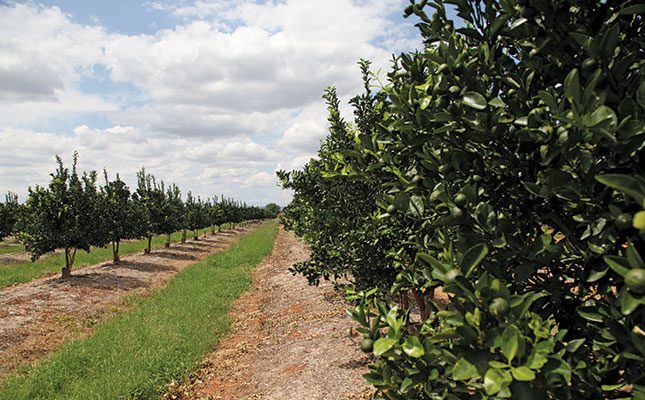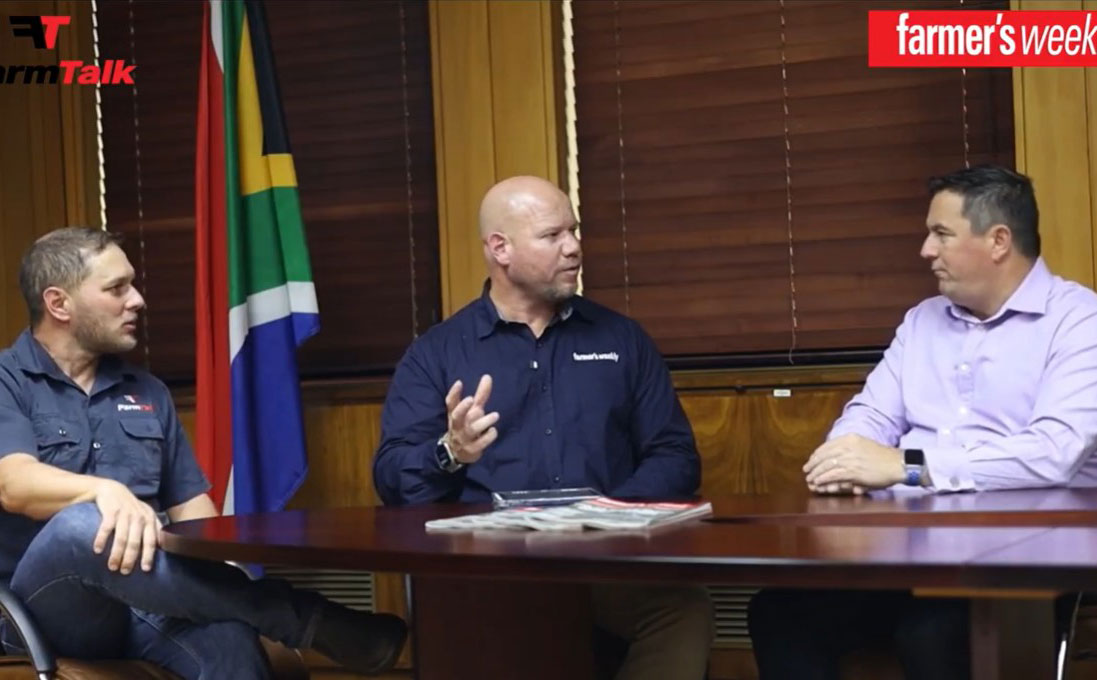
However, despite the drop, Dawie Maree, head of agriculture marketing and information at FNB, said sentiment remained stronger than it was from 2022 to 2024, supported by political stability following the formation of the Government of National Unity, improved service delivery at ports, over 100 days without load-shedding, lower interest rates, and favourable rainfall.
He attributed the ACI’s recent dip largely to uncertainty over foot-and-mouth disease (FMD) and new US trade tariffs, though both issues were expected to ease as the FMD vaccine rollout progressed and the impact of tariffs became clearer.
“The US tariff is a problem, but it is not as big as initially feared, with producers already taking steps to manage it,” Maree added.
Of the 10 subindices that made up ACI, five declined in Q3, while the remaining five improved mildly.
The market share index dropped six points from the previous quarter to 59, while the employment subindex fell by five points to 50, mirroring the 3% decline in farm jobs to 906 000 in Q2.
Capital investment confidence decreased by eight points to 67, despite high-frequency data such as tractor and combine harvester sales remaining strong since the start of the year.
The subindex measuring export volumes fell by 17 points to 43, reflecting ongoing concerns over US tariffs and the global trade environment. However, hard data painted a more positive picture, with exports increasing by 10% year-on-year to reach US$3,71 billion (around R70 billion) in Q2, according to Agbiz.
General agricultural conditions also weakened, falling 13 points to 67 as animal health issues persisted. Still, this was still a favourable level thanks to strong summer rainfall in the 2024/25 season and excellent winter rainfall for 2025/26 crops.
In contrast, turnover confidence jumped 20 points to 75, while net operating income rose by six points to 71.
Financing cost sentiment improved, with this subindex dropping by 14 points to 71, reflecting easing interest rates. Debtor provision for bad debt remained steady at 50 points.
Wandile Sihlobo, chief economist at Agbiz, said the findings suggested that the agriculture sector’s recovery would be uneven in 2025, with livestock producers in particular facing pressure.
He added that the emphasis on geopolitical issues in the survey highlighted South Africa’s reliance on export markets and the need for diversification.
“BRICS countries, particularly China, India and Saudi Arabia, offer major opportunities, but we must also maintain strong links with existing markets in the EU, UK, Africa, Asia, Middle East and Americas,” he told Farmer’s Weekly.
Sihlobo also emphasised that stronger partnerships between business and government were essential for the sector’s long-term growth, particularly in tackling biosecurity risks, improving municipal management, and allocating state land to the right beneficiaries.
Get trusted farming news from Farmers Weekly in Google Top Stories.
➕ Add Farmers Weekly to Google ✔ Takes 10 seconds · ✔ Remove anytime






